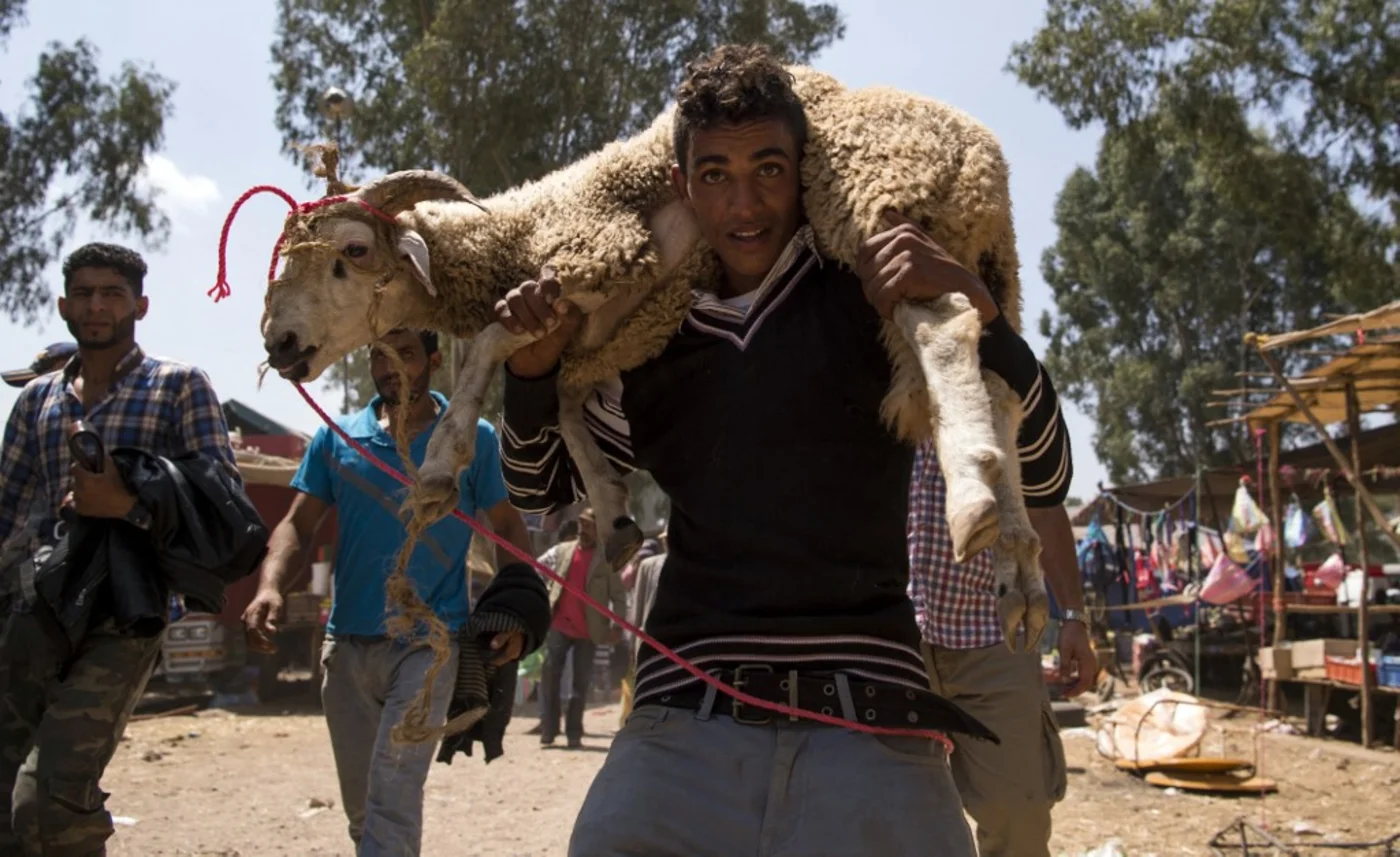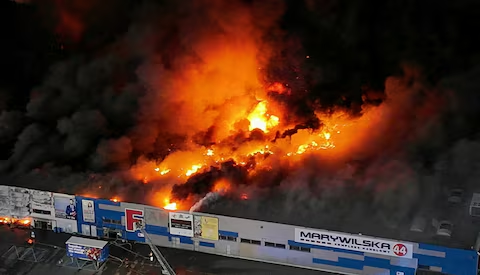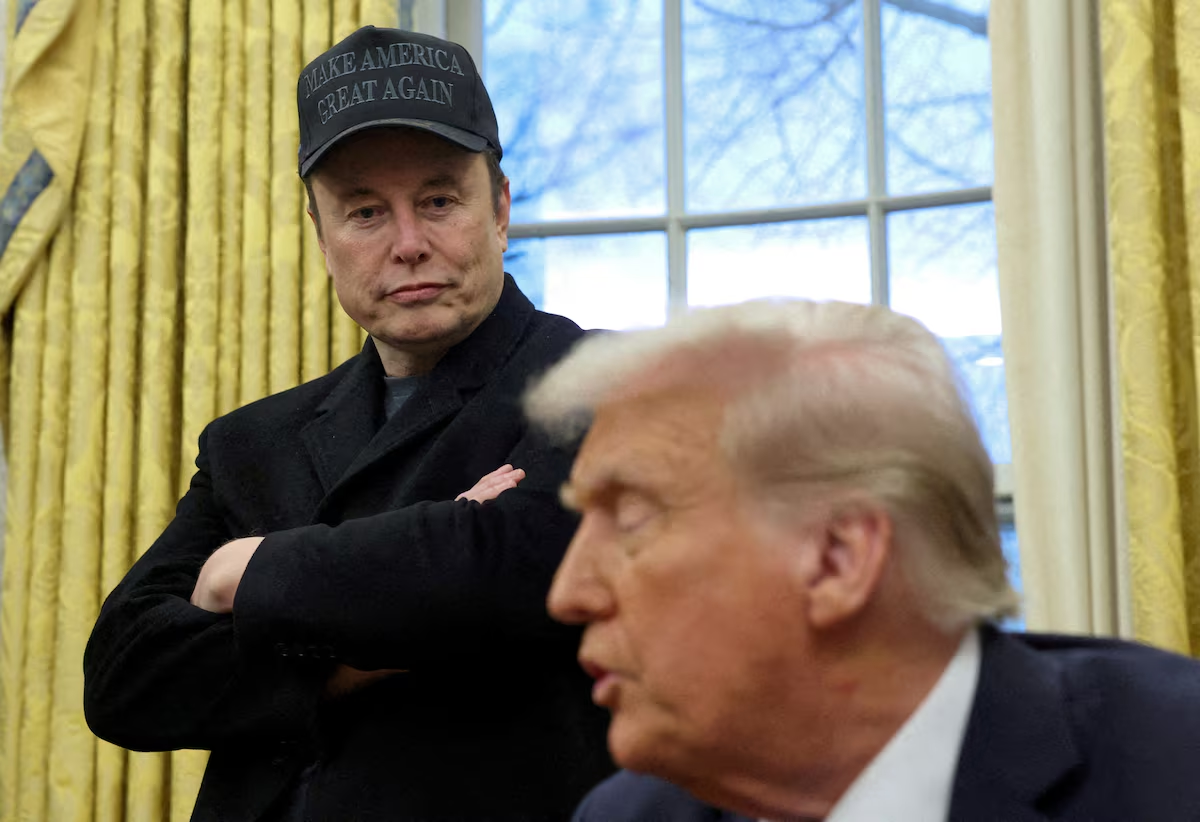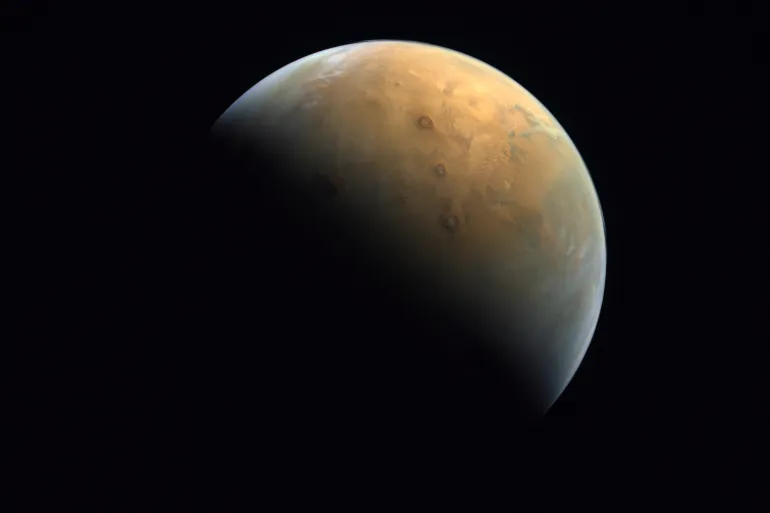As Eid al-Adha approaches, many Moroccans are facing the difficult choice of whether to perform the traditional animal sacrifice amid soaring living costs and financial hardship. Religious scholars and public figures in the country are now calling on citizens to consider forgoing the ritual this year if doing so poses a significant economic burden.
In a notable shift from previous years, several imams and Islamic scholars have publicly affirmed that the udhiya — the sacrificial slaughter of a sheep or goat during Eid — is a highly recommended Sunnah but not an obligatory act for Muslims who are unable to afford it. The guidance comes amid mounting concerns over inflation, unemployment, and rising prices for livestock and essential goods.
Speaking to Middle East Eye, religious scholar Mohamed El Idrissi explained, “Eid is about devotion, not display. If a person cannot afford to buy a sheep without going into debt or neglecting other family needs, then there is no sin in abstaining from the sacrifice.”
This year, the price of sacrificial animals in Morocco has surged, with many families reporting that even modest sheep are being sold at unaffordable rates. For middle- and low-income households, the cost of observing the ritual can now exceed a month’s salary. The economic pressure has led to a growing debate over how to reconcile religious tradition with the country’s worsening financial reality.
Social media has also become a platform for public discourse on the issue. The hashtag “No_Sacrifice” (#لا_للأضحية) has been trending, with users sharing their struggles and voicing support for a more compassionate and pragmatic interpretation of religious duties. Some have called for community pooling and charitable alternatives to maintain the spirit of Eid without placing families under financial duress.
Civil society groups and consumer rights advocates have also urged the government to take action to stabilize livestock prices and protect vulnerable households. However, government intervention has so far been limited, and market speculation continues to drive up prices in the lead-up to the holiday.
Traditionally, Eid al-Adha is a time of festivity, marked by the slaughter of animals, family gatherings, and the distribution of meat to the poor. For many Moroccan families, it is a cultural and spiritual milestone. But this year, a growing number of people are prioritizing rent, school fees, and medical costs over the holiday sacrifice.
The Moroccan High Council of Ulema, the country’s top Islamic authority, has not issued a formal fatwa on the matter but has acknowledged the financial hardship many citizens are facing. In local mosques, imams have increasingly echoed a message of understanding and urged worshippers to focus on the ethical and spiritual dimensions of Eid rather than its material expressions.
As economic difficulties deepen, this year’s Eid al-Adha may become a symbol not only of sacrifice, but of adaptation and empathy. For many Moroccans, the choice to abstain from slaughter will be a testament to faith lived through resilience and compassion, rather than ritual alone.
Source; Middle East Eye



